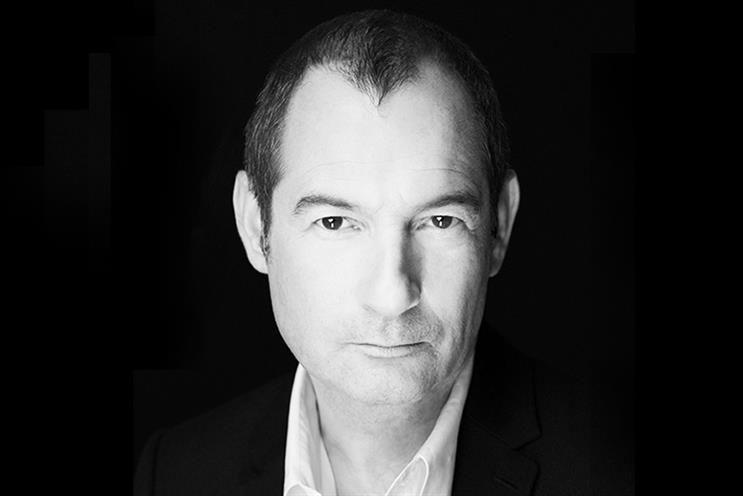Oscar Wilde's character Lord Darlington said that a cynic is "a man who knows the price of everything and the value of nothing".
The disturbing truth is that, throughout history, particularly when it relates to technology, many things have value and everything has a price.
Today, that remains the case. But the difficulty of forming a judgment is compounded by the velocity of change, the velocity and volume of commentary (the irony is not lost on us), liberal disregard for facts and proportionality, and the conflation of issues to suit the purpose of either proponent or opponent. There is no supply-side crisis of opinion.
It’s fair to say with some degree of detachment, however, that many of today’s developments have "succeeded" in triangulating widely distributed human progress with narrowly captured economic benefits and the ability of bad actors to weaponise the exact technologies that create the benefit for others.
For regulators, this is a Bermuda Triangle in which policy becomes mangled by contradiction.
"Smashing the machines" is no more an option now than it was in the cotton towns of early 19th-century Britain.
The Luddites (now a catch-all for those opposed to progress through technology) were, in fact, a society of textile workers dedicated to destroying the machines that were subverting the traditional relationship between capital and labour in "a fraudulent and deceitful manner".
Now, just as then, the solution is elusive. General progress has never meant universal progress – nor anything that resembles equality of opportunity. The trade-offs have always been epic and troubling: prosperity in exchange for climate change, genetic engineering and industrial-scale farming in exchange for famine elimination.
A further complication is that the new order has little respect for old constructs such as national borders and language.
Advances in technology today almost always lead to a reduction in friction and the creation of network effects amplified by the zero-transport costs of data.
What were the odds of streaming music being dominated by a Swedish start-up, of Netflix successfully pivoting from renting DVDs through mail to streaming in more than 190 countries, or of a search start-up becoming the most valuable company in the world 20 years from launch?
None of them had any lock on natural resources, nor did they benefit from allocation of other resources, and thereby achieved terrific market power without any obvious regulatory counter-leverage.
What governments do not give, they find problematic to take away.
In circumstances such as these, regulation (or a forced break-up) is a complex business that’s fraught with risk. Often, the easiest targets for regulation are those that are least able to defend themselves. They are most likely to be unable to execute a workaround and thus abide, assuming survival, by the rules.
The early actions under Europe’s General Data Protection Regulation may enfeeble the small and further empower the mighty. Additionally, the biggest targets are also the ones that provide the greatest utility to the greatest proportion of the population.
It’s interesting to note that, despite huge press and parliamentary protestation, the economic performance of Facebook, Google and Amazon has barely missed a beat. There are some who ascribe this to a Faustian bargain at unimaginable scale.
In short, in any practical sense, many believe the personal value of these companies outweighs any collective social cost.
The next decade could be even more dramatic than the last.
Change is the only certainty, but it seems clear that the ethical and social ramifications of that change will be as important as the economic implications that typically concern advertisers and their fellow travellers.
Rob Norman is a senior advisor at Group M. This essay is from a Group M report called Opportunity and Hazard: 2020 and Beyond



